European officials react to Italian elections
In their first reactions to the parliamentary elections in Italy, officials said that Europe needs a stable government in Italy as soon as possible.
Tuesday, 26.02.2013.
14:26

BERLIN, PARIS, MADRID In their first reactions to the parliamentary elections in Italy, officials said that Europe needs a stable government in Italy as soon as possible. They also noted that Italy was an important country of the EU, which affected all other members. European officials react to Italian elections Germany's stance is that Italy must continue on the path of reforms launched by outgoing Prime Minister Mario Monti. German Foreign Minister Guido Westerwelle urged Italy to continue with its policy of reforms after the elections, adding that a stable government must be formed as soon as possible. "It's not just in the interest of Italy, but also the whole of Europe. When the time comes to deal with the debt crisis, we are all in the same boat, whether we live in Germany, France, Italy or Spain," he was quoted as saying on Tuesday. The results of the parliamentary elections in Italy, where a left-wing coalition won a narrow majority in the lower house of parliament, while the right-wing has the Senate - was "a message of protest against the harsh austerity measures imposed by some EU member states", according to the president of the European Parliament, Martin Schulz. "This is a difficult result for the EU as a whole. People have expressed their dissatisfaction with the situation. And what is happening in Italy affects us all. We need a stable government in one of the most important countries in the EU," said Schultz. Stating further that the "every election is a message" Schultz said that the Italian polls showed that "there is a need for a combination of budgetary discipline and fiscal austerity, while investing in growth and jobs." "This must be taken seriously. People are willing to make sacrifices, but not at any price," according to the German politician. Schultz, however, added that the EU was not to blame for the budget cuts because the decision was adopted by the Italian government to reduce the debt and deficit to the levels established by EU leaders themselves. "Whenever the culprit is sought, success is always attributed to the governments of individual countries, and failure to Brussels, which is not true, but the public sees it that way," concluded Schultz. French Finance Minister Pierre Moscovici called on Italy to quickly form a stable government and said that the results of the parliamentary elections were not threatening to jeopardize the eurozone. "We must look at this situation calmly and wait for the conclusions to be drawn by Italian politicians this complex election process," said Moscovici. Spanish Economy Minister Luis de Guindos said the risk of a political stalemate in Italy after the election shook up the markets, but that this would only be a "short-term" effect. "What is good for Italy is good for Spain," said the minister, adding that he was "confident that the political will for Europe to emerge from the crisis will have more weight." But Spanish Foreign Minister Jose Garcia-Margallo was more pessimistic, warning that the elections in Italy were "a leap into the unknown that does not bode well for either Italy or Europe." (Beta/AP)
European officials react to Italian elections
Germany's stance is that Italy must continue on the path of reforms launched by outgoing Prime Minister Mario Monti.German Foreign Minister Guido Westerwelle urged Italy to continue with its policy of reforms after the elections, adding that a stable government must be formed as soon as possible.
"It's not just in the interest of Italy, but also the whole of Europe. When the time comes to deal with the debt crisis, we are all in the same boat, whether we live in Germany, France, Italy or Spain," he was quoted as saying on Tuesday.
The results of the parliamentary elections in Italy, where a left-wing coalition won a narrow majority in the lower house of parliament, while the right-wing has the Senate - was "a message of protest against the harsh austerity measures imposed by some EU member states", according to the president of the European Parliament, Martin Schulz.
"This is a difficult result for the EU as a whole. People have expressed their dissatisfaction with the situation. And what is happening in Italy affects us all. We need a stable government in one of the most important countries in the EU," said Schultz.
Stating further that the "every election is a message" Schultz said that the Italian polls showed that "there is a need for a combination of budgetary discipline and fiscal austerity, while investing in growth and jobs."
"This must be taken seriously. People are willing to make sacrifices, but not at any price," according to the German politician.
Schultz, however, added that the EU was not to blame for the budget cuts because the decision was adopted by the Italian government to reduce the debt and deficit to the levels established by EU leaders themselves.
"Whenever the culprit is sought, success is always attributed to the governments of individual countries, and failure to Brussels, which is not true, but the public sees it that way," concluded Schultz.
French Finance Minister Pierre Moscovici called on Italy to quickly form a stable government and said that the results of the parliamentary elections were not threatening to jeopardize the eurozone.
"We must look at this situation calmly and wait for the conclusions to be drawn by Italian politicians this complex election process," said Moscovici.
Spanish Economy Minister Luis de Guindos said the risk of a political stalemate in Italy after the election shook up the markets, but that this would only be a "short-term" effect.
"What is good for Italy is good for Spain," said the minister, adding that he was "confident that the political will for Europe to emerge from the crisis will have more weight."
But Spanish Foreign Minister Jose Garcia-Margallo was more pessimistic, warning that the elections in Italy were "a leap into the unknown that does not bode well for either Italy or Europe."











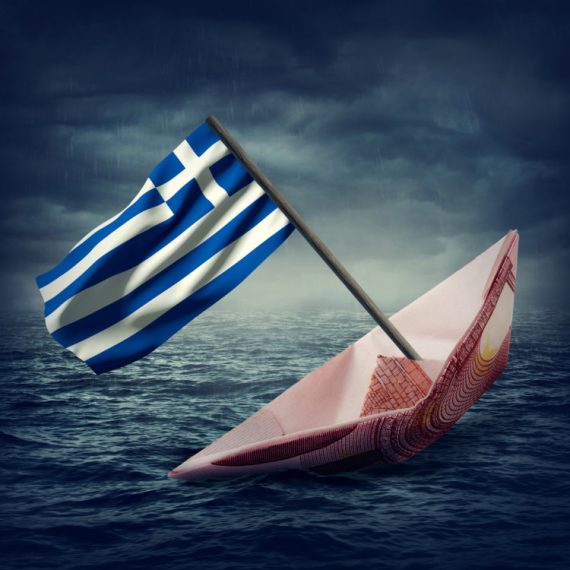

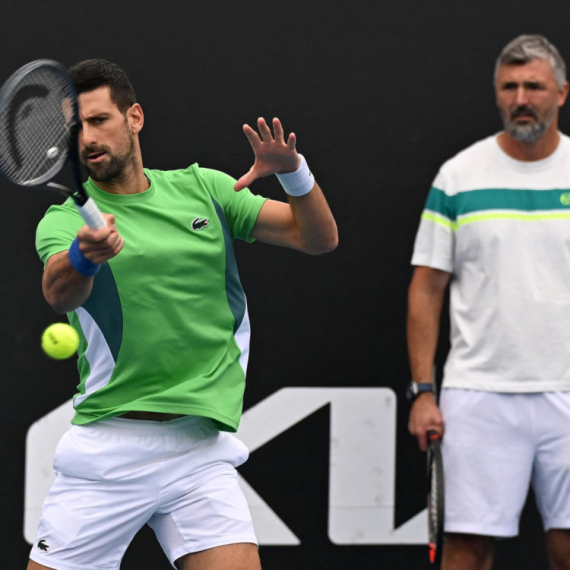


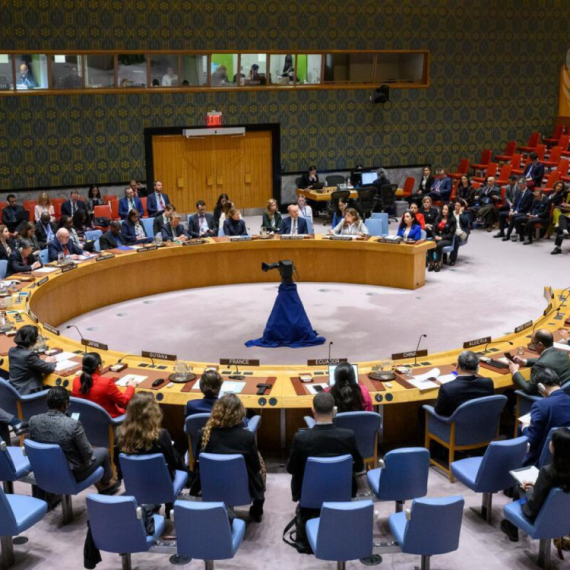
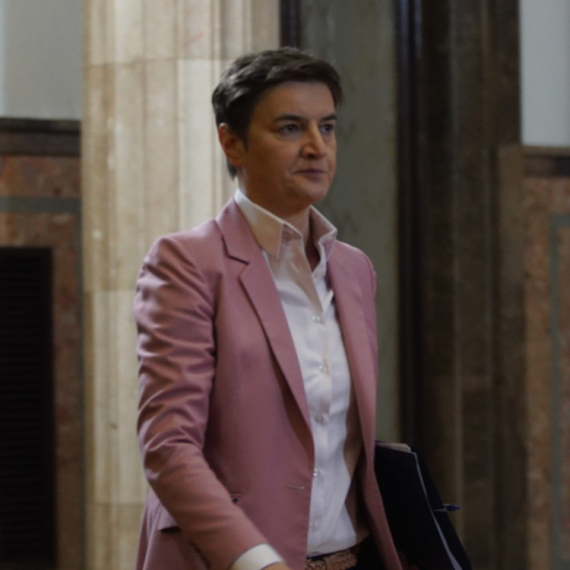

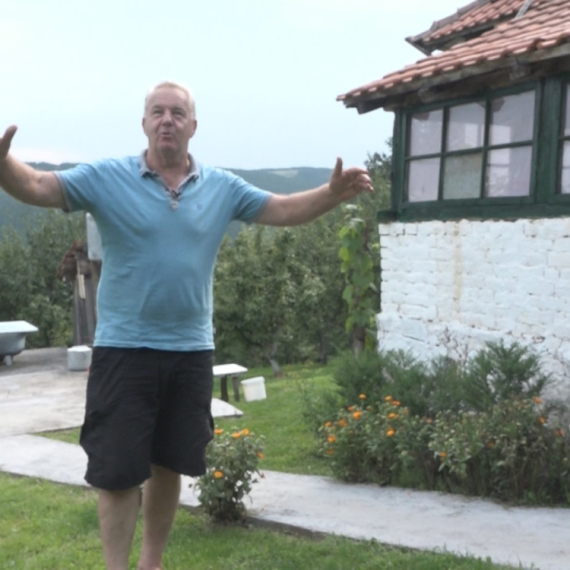




















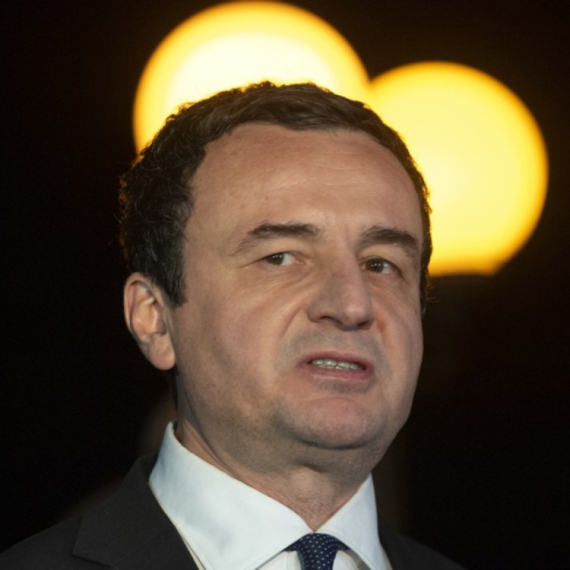







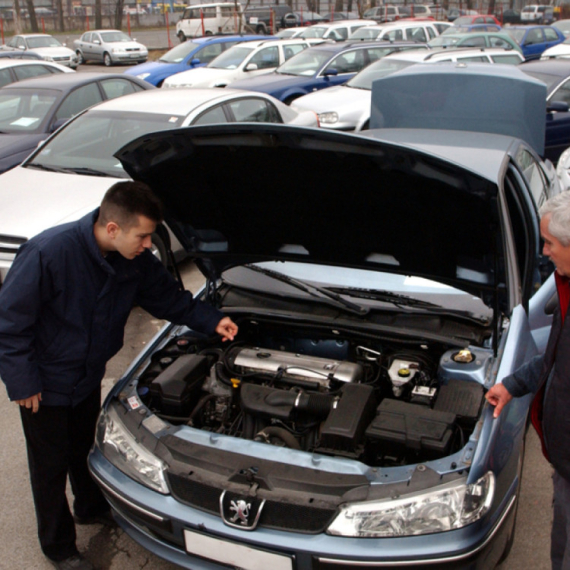







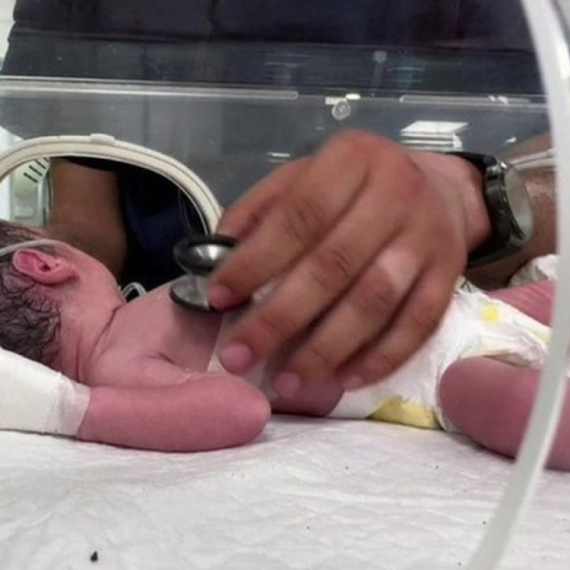


Komentari 0